You would be right to be angry with us if our first Ethiopian foodie Friday wasn’t injera. Like most of Africa, Ethiopian’s traditionally eat with their hands, which presents a problem when eating… well many things. In the tradition of n’sima and chapati, the Ethiopians developed their own method of getting that stew down the hatch- injera.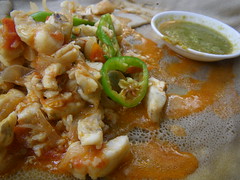
Pancake like, soft and spongy, injera is made from sograham or teff. It’s texture is not unlike a crepe, but more spongy on one side. Unlike n’sima or chapati, injera has its own flavor, which is rather sour. It compliments well with traditional berbere spiced food such as dole wat (a chicken stew) and tibs (meat cooked with onions and peppers), but it certainly isn’t something you’d want to snack on alone. In case you aren’t familiar with berebere spice, I’ll just tell you what our friend Campbell says “it is as hot coming out as it was going in.” Berebere is seriously hot and be forewarned, its been known to give some…well intestinal difficulties. Fortunately or unfortunately, berebere spice seems to be one of the main ingredients in almost every dish here. Even pasta.
Typically meals are served communality on a big plate of injera. After ordering a pitcher of water is brought to the table, or in some of the more cheaper places a wash basin is pointed to. You wash your hands and return to the table, without touching anything else. Once the food arrives, the proper way to eat is rip off a piece of iinjera, roll it into a ball and dip it in the stew. Oh and did I mention only with your right hand? Traditionally the left hand is used for err….the call of nature leaving the right hand as the only appropriate hand to eat or pass things.
Spicy thick stewed meats are traditionally served with with iinjera, which can be seriously spicy here, prompting you to shove more iinjera in your mouth. You can see where this kind of circle goes. Soon enough the stew is gone and you’re sitting with a dish of soggy berebere soaked injera. After the meal its traditional to wash your hands again and return to the table.
Living in DC, we were familiar with Ethiopian food before embarking on our journey. It seems that most people in Addis Ababa know of DC’s food scene (or at least its Ethiopian food scene) and several times we’ve been asked if we’ve been to the Ethiopian restaurant on 18th street. Sitting in a waiting room, we met an older Ethiopian man who not only knows DC, but told us that the Ethiopian restaurant on 18th street is his favorite, but that the Georgetown one is overpriced. Ironic to be so far from home discussing the merits of our local Ethiopian restaurants!
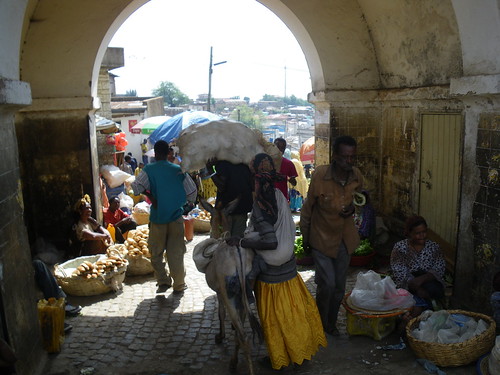
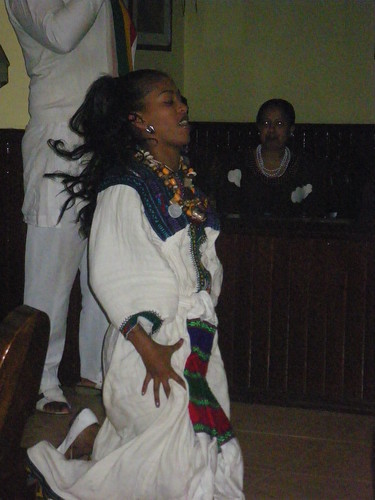
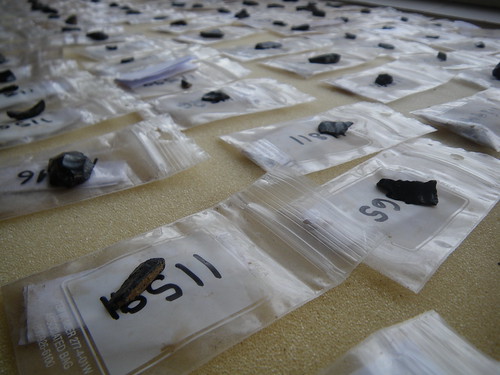

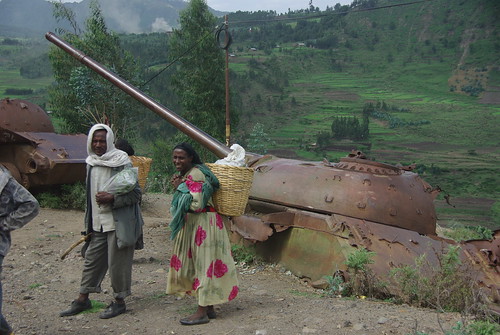
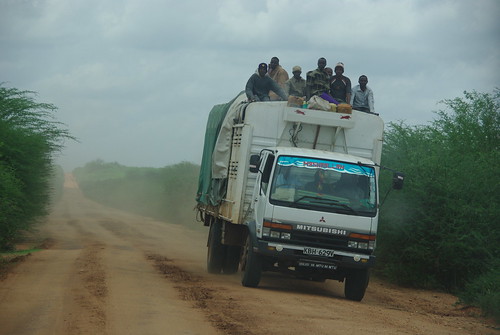
Recent Comments